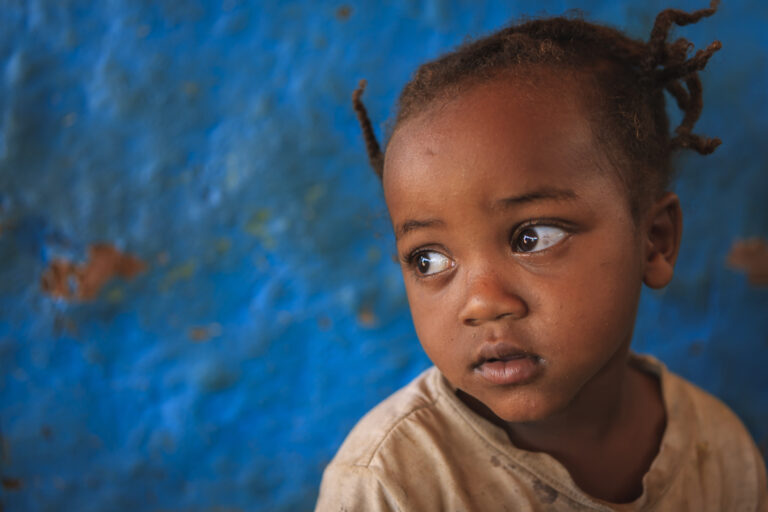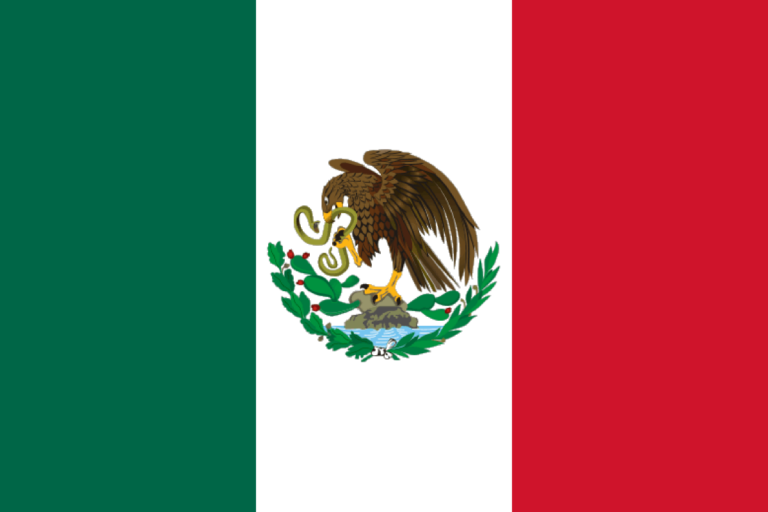Role of the NGOs at ICPD PrepCom III:
NGOs, particularly the women’s caucus led by the International Women’s Health Coalition (IWHC) and the Women’s Development and Health Organization (WEDO), played an extremely active role in the International Conference on Population and Development (ICPD) negotiations. They were described as enjoying “unprecedented access to closed drafting sessions” where they monitored the negotiations of each chapter, advised ‘friendly’ nations and the U.N. Secretariat, lobbied potentially ‘unfriendly’ delegations, and maintained “vigilant scrutiny” of the “Programme of Action.”
Some specific examples of NGO influence can be found in strong references to ‘partnership,’ particularly in relation to women’s groups, in the ICPD document’s chapter on NGOs (Chapter XV). NGOs were seen as working hard “in the face of opposition from the Holy See and other conservative delegations” to ensure a pluralistic definition of the family (Chapter V). The Women’s Caucus succeeded in including reference to “discrimination based on sexual orientation,” although it was later replaced with language eliminating “all forms of discrimination. They were also successful at “persuading delegates to include reference to ‘sexual’ in the context of ‘reproductive hea1th.’” In fact, all of the references to reproductive health in the document were introduced by the Women’s Caucus (Earth Negotiations Bulletin, 25 April 1994, vol. 6, no 30, 8).
World food supply prospects good:
Twenty experts in the field of population and food from various parts of the world met in February at the International Food Policy Research Institute (IFPRI) in Washington, D.C. The meeting, titled “Meeting Future Food Needs of an Increasing World Population,” was organized by the Rockefeller Foundation and the IFPRI in cooperation with the United Nations Population Fund (UNFPA). The main discussion centered around three global and regional food supply/demand projection studies up to the year 2010 prepared by the U.N. Food and Agriculture Organization (FAO), the World Bank and IFPRI. The studies, which came to similar conclusions in spite of differences in methodology and food products covered, held that “growth in the wor1d’s food supply is likely to keep pace with growth in food demand.” All of the studies acknowledged that there will be “emerging problems at the regional and country level” in getting “food to those people who need it most” (“Experts debate prospects for world food supply,” ICPD 94, no. 13, 3)
Planned Parenthood speaks out at the U.N. ICPD Conference:
In an interview with The Earth Times, Halfdan Mahler, secretary general of the International Planned Parenthood Federation (IPPF) and former head of the World Health Organi- zation (WHO), addressed a few often-asked queries.
When asked to define “unmet need” Mahler answered boldly: “Of the 150 million children born in the developing world last year, roughly one-third were not wanted.” Unmet need is, according to Mahler, “an expression that all these women out- there-in Africa, for example, will use.” It means; “Oh, we would have liked to have access to some kind of service, whereby we could have postponed the arrival of that child, or we didn’t even want to have the last child.”
When asked to respond to the phrase “population explosion,” Herr Mahler exploded: “Whatever we do, there will be 50 percent more people on Spaceship Earth within the next 25 years or so – even if we keep on succeeding reasonably well with voluntary contraception.” The world “cannot cope with our present 5.6 billion – we have 1 billion living in subhuman poverty,” he said. “We have a damn obligation to ensure that there must be a minimum of basic needs, that each and everybody can claim as her or his right,” Mahler postured charitably.
The problem would be resolved if “quality family planning services” could be provided to “every woman, man, youngster” [sic]. In that case “we may not end up in 2050, and beyond, with an escalating population, which could easily rise to 14 billion, and even beyond.” We could instead “end up anywhere between 8 to 10 billion” (The Earth Times, 5 April 1994, 3).
Egypt objects:
Egypt’s Population Minister Dr. Maher Mahran, the head ICPD delegate of that country, complained about the definition of the family in the ICPD draft document. In his complaint, he claimed that the chapter dealing with the family “goes beyond the common ground reached” at the second preparatory meeting. “The chapter as it stands now not only addresses the roles of the family but also deals with its structure and composition,” he said. Mahran also objected to the “environmental dimension” of the document which, “has been over-highlighted and has dominated several parts” of the draft. He stressed the need for a separate chapter on “men’s responsibilities” and for language “making a clear reference” to “the necessity to mobilize new and additional resources to implement these recommendations” (Ibid ).
Comments from Group of 77 (developing countries):
The Algerian delegate, Ramtane Lamamra, speaking on behalf of the Group of 77 and China, said the program of action should include “specific references to the role of regional and sub-regional organizations with regard to population” “Population policy,” he continued, “should be the primary responsibility of individual countries, in light of differences in culture, religion and other factors” (Ibid ., 4).
Brainwashing or bureaucratic briefing — or both?
The International Planned Parenthood Federation, the International Youth and Student Movement for the United Nations, the World Alliance of Young Women’s Christian Associations, the World Assembly of Youth, the World Association of Girl Guides and Girl Scouts, the World Council of Churches, the Society for International Development, and the World Organization of the Scout Movement have organized a meeting in Cairo from 31 August to 4 September 1994.
The meeting was initiated by the Family Life Education Subcommittee of the Conference of Non-governmental Organizations in Consultative Status with the U.N. Economic and Social Council. The purpose is to “provide a platform for young people to express their concerns relating to population and development.” The pre-selected agenda will include “human rights and population,” described as “protection of young people’s rights, elimination of discrimination and injustice, young people’s rights and responsibilities in relation to their reproductive life and protection of vulnerable youth; and society’s responsibility for human development and reproductive health, described as “ensuring choices and responsibilities, especially for young women, sexually transmitted diseases including AHDS, and substance abuse; sustainable development and population, partnership in population, North-South solidarity, interdependence among young people…and moving from commitment to action.”
After the indoctrination, a “youth statement” will be formulated for presentation to the Non-governmental (NGO) Forum coinciding with the ICPD meeting (“Youth consultation .…,” ICPD 94, no. 13, 7).
WHO’s ethical health scandalously poor:
A new report by a British think tank, “the Social Affairs Unit,” documents the “Machiavellian politics…dubious financial arrangements” and “astonishing waste and mismanagement” of the World Health Organization (WHO). Professor Robert T. Tollison of George Mason University studied WHO’s core budget of $872 million for 1994-95 and concluded that three quarters will be spent on officia1s’ salaries and at six regional offices around the world.
Funds used for actually helping countries amounts to only one quarter of the total. In fact, “For every two dollars that WHO spends on actual programmes, it spends eight dollars on administrative costs,” according to Tollison. Further, funds are not being spent on the diseases which “most afflict the Third World.” Rather than concentrating funds on respiratory, diarrhoeal and infectious diseases, WHO is “spending disproportionately” on “Western problems” such as “drug abuse, road safety and psycho-social problems.” By contrast, “only nine countries are scheduled to receive more than the $5.6 million the WHO allocates for ‘stationery and office supplies.’” The poorest countries of the world, Ethiopia, Bangladesh and Mozambique “receive only ten cents per capita per year.”
The report charges there is now “clear evidence” that Hiroshi Nakajima, the Japanese director-general, was re-elected by “trading votes for favors.” Critics also charge that links exist between officials of the WHO and commercial interests outside the organization. Irregular contracts have been awarded to at least five of the board of directors. Total contracts with executive board members “more than doubled” as Nakajima approached re-election in late 1992. All of the irregular contracts were approved by Dr. Yugi Kawaguchi, Director of Planning, Coordination and Cooperation. Dr. Kawaguchi is also a close associate of Ryoichi Sasakawa, a Japanese billionaire with close links to the Japanese underworld (“WHO’s kidding WHO?,” The Sunday Telegraph, 20 Sept. 1993).
Population Propaganda:
“Through modem communications we can reach millions of people in the world,” boasted Phyllis Piotrow, director of The Johns Hopkins University’s (JHU) Center for Communication Programs. JHU co-chaired a session at the New York ICPD with Sunetra Puri of IPPF. “We want family planning to become a household word,” said Piotrow. Piotrow and Puri hostessed a showing of films about “innovative projects in developing countries that dealt with changing attitudes toward family planning.” The “stars” of the films were described as “giant puppets depicting condoms, intra-uterine devices, and injectable contraceptives dancing to a packed audience at half-time” during a Zimbabwean soccer match (Mona Anand, “Communications stressed,” The Earth Times, 8 April 1994, 1, 3).
Industrialized nations sharply increase funds for population policies:
A sharp increase in world resources for population policies was noted by U.S. State Department Counselor, Tim Wirth, at a recent State Department press briefing. In addition to an increase of almost 50 percent by the Clinton Administration to an annual $595 million, Prime Minister Hosokawa has announced that the Japanese will increase their contribution to $3 billion over the next seven years. This amounts to a jump from their original annual contribution of $40 million to $400 million annually. Wirth also reported that Germany is expected to double its contributions for population policies, although he failed to note the dollar amount. Wirth indicated that he is hopeful “that there will be significant contributions from the European Union, from the British, and from others” (State Department daily press briefing, 25 April 1994).
NGOs as ‘executive agencies’:
Billie Miller, of the NGO Planning Committee and International Planned Parenthood Federation Western Hemisphere Region, told The Earth Times, “At the end of the day, NGOs will be the executing agencies for the imperatives and programs which will come out of Cairo” (C. Gerald Fraser, “NGOs expect frenetic session,” The Earth Times, 5 April 1994).










